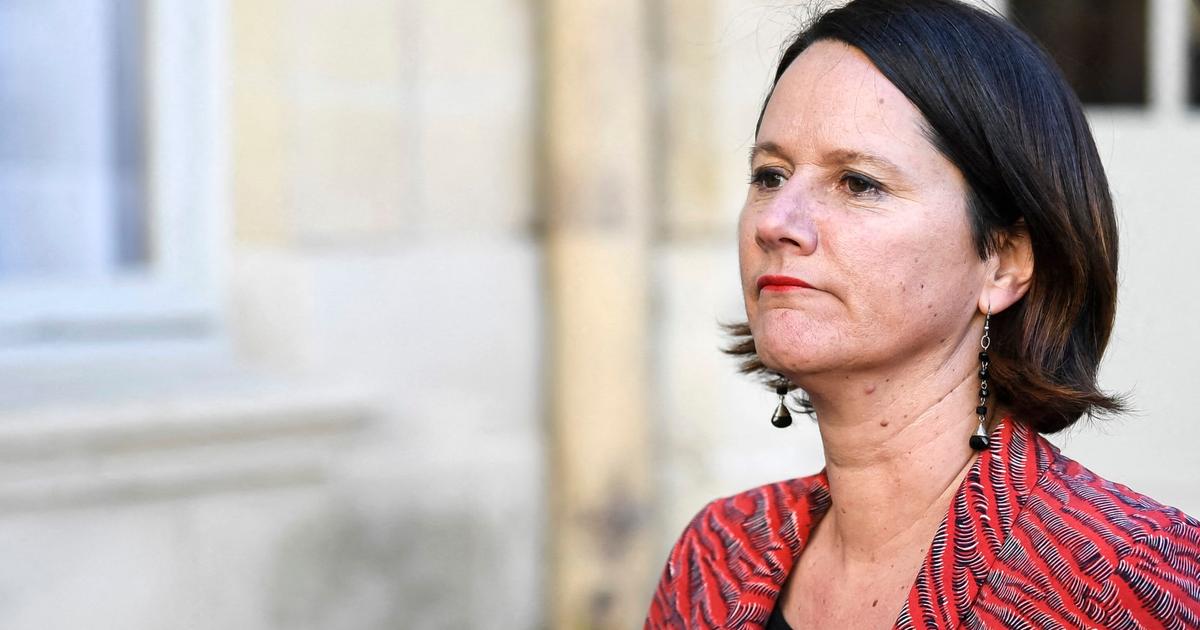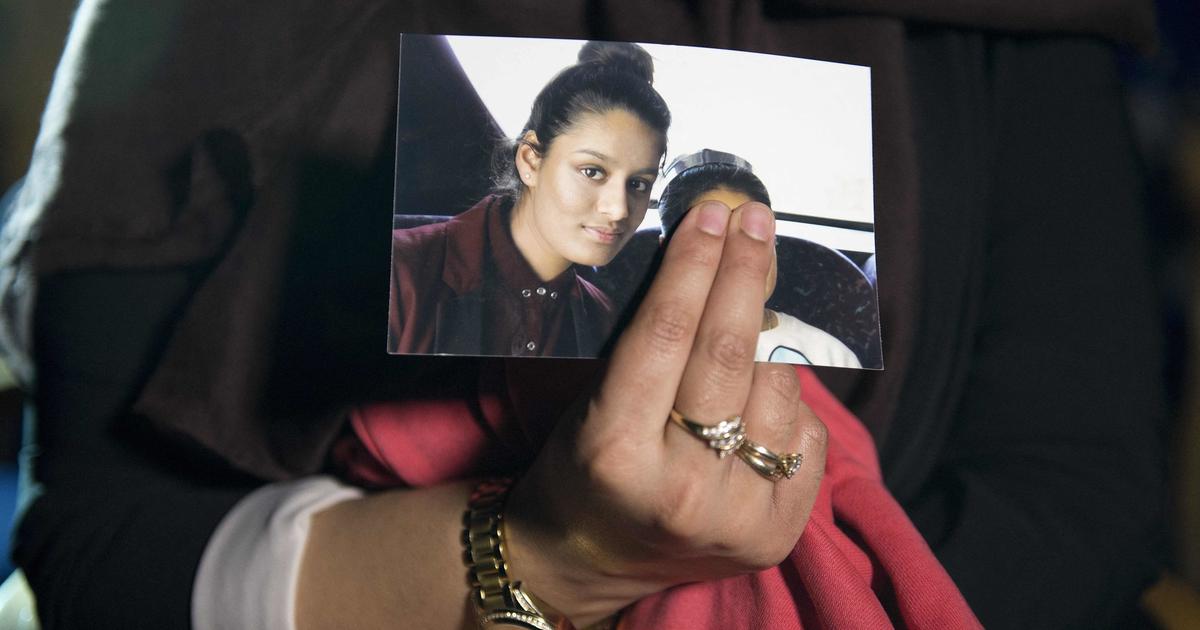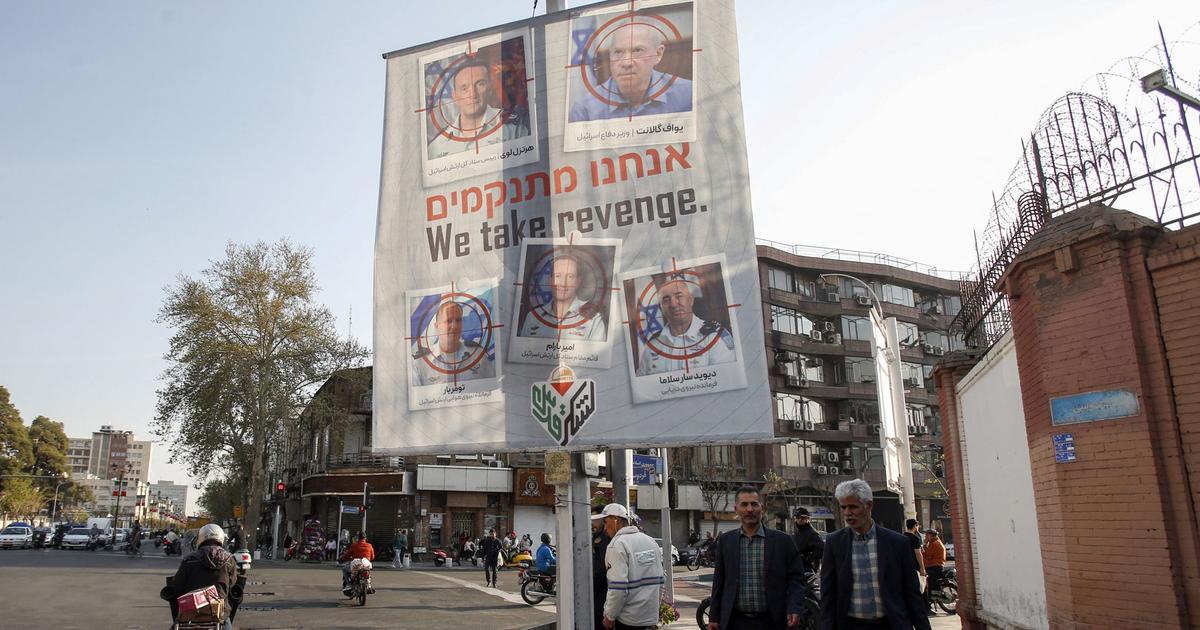The war is dragging on, but there are glimmers of hope for those who want reconciliation.
The war in Syria has been raging for ten years - it was won by the ruler Bashar al-Assad.
But how do we treat the large-scale and systematic crimes Assad committed against his own people?
Internation, Impartial and Independent Mechanism (IIIM) in Geneva wants to bring the war criminals to justice.
This article by Janine di Giiovanni, Senior Fellow at the Jackson Institute for Global Affairs at Yale University, is available for the first time in German - it was first published by
Foreign Policy
magazine on March 17, 2021
.
Damascus - This week marks the tenth time that pro-democracy demonstrations against the Syrian ruler Bashar al-Assad have broken out in the southern Syrian city of Daraa.
In the weeks, months and years that followed, the initially peaceful uprisings turned into a brutal and senseless proxy war - and one of the most heartbreaking conflicts I have ever experienced.
A decade of war means that the lives of an entire generation of Syrians have been determined by bombs, privation, death and displacement.
A decade of war means a society that will take half a century to heal.
In the case of Syria, where Assad - its own head of state - burned down his country, there are also outrageous war crimes: the use of chemical weapons against civilians;
tens of thousands arbitrarily arrested and disappeared;
about rape and torture.
According to a recent report by the United Nations Commission of Inquiry in Syria, the war is marked by the most appalling violations of humanitarian standards and human rights, including violence by the regime against its own people on a genocidal scale.
As always, civilians bear the brunt of the atrocities.
Ten years of war in Syria: Bashar al-Assad has won - where is justice for the people?
While the war is technically not over - Geir Pedersen, Norwegian diplomat and United Nations envoy to Syria, is still working hard - it is clear to most Syrians and outside observers that Assad has won and will stay in power.
But how do we end this war so that there can be justice for the people who have suffered?
Half a million Syrians are dead, 6.6 million are living as refugees in neighboring countries and in Europe, millions more are internally displaced and the whole country is deeply traumatized by the brutality.
Given that, are there any hard lessons that could help prevent future wars?
How do we treat the large-scale and systematic crimes Assad committed against his own people?
More importantly, if he stays in power, how can those who have suffered from him ever feel safe again?
Janine di Giiovanni
For me, who works on war crimes documentation, the most important issue is transitional justice.
All the warring parties got their hands dirty, but the Assad regime is responsible for far more slaughter than anyone else, including the Islamic State, whose ugly, dehumanizing caliphate spread across much of Syria during the war.
How do we treat the large-scale and systematic crimes Assad committed against his own people?
More importantly, if he stays in power, how can those who have suffered from him ever feel safe again?
The question of whether the survivors of his horrific crimes will ever be compensated is also open.
The historical precedents and structures the world has created to ensure this - from the Nuremberg trials of Nazi perpetrators to the war crimes tribunals in The Hague - are often slow, arduous, and inefficient.
And these courts seldom prosecute the men and women who actually committed the crimes.
Justice for war crimes - in eastern Bosnia, for example, surviving women live in cities with rapists
Today, if you drive to parts of Bosnia where the war was particularly cruel - small towns in eastern Bosnia like Foca, where Serbs set up rape camps and held women there for months, some of whom were raped up to 16 times a day - you still meet a lot Survivors.
These women know the men who have destroyed their lives because the victim and the perpetrator often live in the same city.
You still see them in cafes.
They know that these men will not go to The Hague and never go to jail.
Another way to get justice for war crimes may become increasingly important and is being pursued by human rights lawyers in various national courts.
They use the principle of universal jurisdiction, which aims to punish criminals regardless of where the crime was committed.
In countries currently on trial like France, Finland and Germany, laws allow the punishment of any person charged with a crime against humanity or a war crime, including genocide and torture.
The principle of universal jurisdiction goes back at least to 1961, when Adolf Eichmann was prosecuted for Nazi crimes in Israel.
The former Chilean dictator Augusto Pinochet was recently extradited to Spain.
Now the principle is being applied to the Syrian war: in a landmark judgment on torture in Syria last month, a German court found a former member of Assad's secret police guilty of being an accomplice in crimes against humanity in his own country.
These are victories for justice.
The day they were taken away was the last day they had any form of normalcy.
For people who have been treated so brutally, the world splits into the time format 'before', before the decimation of his or her world, and the gloomy, bleak 'after'.
Janine di Giiovanni
Perhaps, in the case of Syria, the model of transitional justice established in Rwanda after the genocide that killed one million people in 1994 and which is often viewed as a model for successful reconciliation can be used as a guide.
Many factors led to the healing process in Rwanda: the resilience and determination of the people to leave the horror behind, but also the implementation of instruments that made justice possible.
Although it is not perfect, was Rwanda's
Gacaca
-Gerichtssystem (the word means in the official language Kinyarwanda "sitting in the grass") is a form of community justice, which was originally set up by the government in 2001, a backlog of more than 100,000 suspects who had been detained for many years awaiting trial in the country's courts and in the International Criminal Tribunal for Rwanda, which had been set up in neighboring Tanzania.
Torture and Sexual Violence in Syria: “Before” and “After” - inflicting as much suffering on civilians as possible
The attempts to achieve national reconciliation and restore order in Rwanda have been impressive.
The
Gacaca
-dishes were soon expanded and eventually condemned many of the suspects who would otherwise perhaps never a regular process must face.
The
gacaca
system had serious shortcomings: perpetrators were convicted solely on the basis of testimony, and human rights groups say the system fell far short of international legal standards, including the right to a due and fair trial.
But given that the formal courts were overwhelmed and it would have taken years to prosecute the perpetrators, the courts gave the victims at least some emotional balance.
The guilty did not get away with their crimes.
In 2011, at the beginning of the war, I started documenting torture and sexual violence in Syria for my book
The Morning They Picked Us: Reports from Syria
.
I took the title from the testimony of one of the many people I interviewed.
At dawn, still in her pajamas, she was taken from home to a prison, where she was raped and tortured.
As the years went by and I interviewed dozens of survivors, I realized that they all had one thing in common: the day they were taken away was the last day they had any form of normalcy.
For people who have been treated so brutally, the world splits into the time format “before”, before the decimation of his or her world, and the gloomy, bleak “after”.
The stories I heard from common people in Syria who were arrested, detained, raped, tortured, or whose family members went missing reminded me in many ways of my work in Bosnia.
The atrocities were designed to cause as much harm to the civilian population as possible and to destroy the fabric of the society that they victimized.
As I went through my notes, I wondered how deep into the darkness human beings can descend.
A young philosophy student whom I interviewed had been tortured by doctors who surgically abused him without anesthesia.
Russia entered the war in Syria in 2015 - "If you kill doctors, you kill the mainstay of the communities"
When the Russians entered the war in 2015, their deliberate air strike on hospitals and health facilities was a method of spreading fear and breaking people's will.
If you kill doctors, you kill the mainstay of the community.
This makes it clear that the goal is not to defeat a fighting force, but to destroy a society.
But it was also a way to destroy the evidence of Assad's war crimes.
As the?
The reason is that, more than any other, the Syrian war is very well documented.
In 2011, many people had smartphones with cameras (unlike in Bosnia, Rwanda, or even Iraq and Afghanistan in the early days of the war) so that ordinary people could go out and take photos of the helicopters dropping barrel bombs or the destroyed buildings.
In Aleppo and Idlib there was the White Helmets, a group of first responders who came from the communities and dug people out of the rubble of the bombing.
They wore Go-Pro cameras in their helmets to capture the atrocities firsthand.
The Russian bombers often returned for a "double shot".
To kill the first responders while they were still trying to save the victims of the first attack.
This was a very effective way of ensuring that there would be no photos of Russian crimes.
Countries can only heal after a war if they have some form of truth and reconciliation process.
In Syria, given the scale and scale of war crimes, this is absolutely critical.
Since Assad is unlikely to ever be brought before the International Criminal Court - Syria has not accepted the Rome Statute, the treaty that established the Court - the real likelihood of a war crimes tribunal is only in bodies like the International, Impartial and Independent Mechanism (IIIM) in Geneva.
Internation, Impartial and Independent Mechanism (IIIM): Bringing war criminals to justice
The IIIM, which was adopted in 2016 and reports to the United Nations General Assembly, does not conduct law enforcement;
it is an independent body charged with helping bring war criminals to justice for crimes committed in Syria since 2011.
He controls a central register of evidence.
He collects, consolidates, analyzes and prepares case files to support the relevant jurisdiction, which is in line with fair international standards.
He works from an inconspicuous villa on the grounds of the Palais des Nations in Geneva, the former seat of the unfortunate League of Nations.
At the head of the IIIM is an energetic French prosecutor, Catherine Marchi-Uhel, who personally sifts through documents, pictures, hard drives and open source material.
Its goal is to support accountability processes that help create justice.
Since the world has failed to put an end to endless killing and abuse, we owe it to Syria - and other war-torn countries.
Janine di Giiovanni
Although the IIIM will never replace the ICC or domestic courts that can deliver judgments, Marchi-Uhel, who has worked on human rights cases related to the Islamic State, Kosovo, Iraq and Cambodia, told me that past cases have made it clear that justice "requires multiple actors, each of whom do their part to bring justice to more victims of major crimes." That is, leaving the work to the ICC and other special tribunals may not be enough.
The IIIM fills an important loophole and, as an independent body, is not influenced by the vetoes of Russia and China in the United Nations Security Council, which prevented the ICC from dealing with Syria.
“Our approach focuses on the victims and survivors,” she explains.
"And we want our work to be sufficiently representative of the experiences and perspectives of the Syrian victims and survivors."
Perhaps their important work will be replicated by other new and creative means of justice that will increase the group of those fighting for truth and reconciliation after a terrible ten year war.
Since the world has failed to put an end to endless killing and abuse, we owe it to Syria - and other war-torn countries.
One of the most terrifying legacies of the war in Syria is that we don't know how many people actually died - the UN stopped counting in 2016 because it no longer had sufficient local access to verify the numbers.
But we have clear evidence of the tremendous suffering that has been inflicted on civilians.
The least we can do as members of the international community is to use this evidence to bring some of the wicked to justice.
by Janine di Giiovanni
Janine di Giovanni
is a Senior Fellow at the Jackson Institute for Global Affairs at Yale University and has won several journalism awards.
Her latest book,
The Morning They Came for Us: Dispatches from Syria
, was translated into 28 languages.
(German title: The Morning When They Fetched Us: Reports from Syria).
Twitter: @janinedigi
This article was first published in English on March 17, 2021 in the magazine “ForeignPolicy.com” - as part of a cooperation, a translation is now also available to
Merkur.de
readers
.
+
Foreign Policy Logo
© ForeignPolicy.com
Foreign Policy: The regional revolution in the Arab countries was ten years ago. But it is your neighboring continent that will never be the same again.


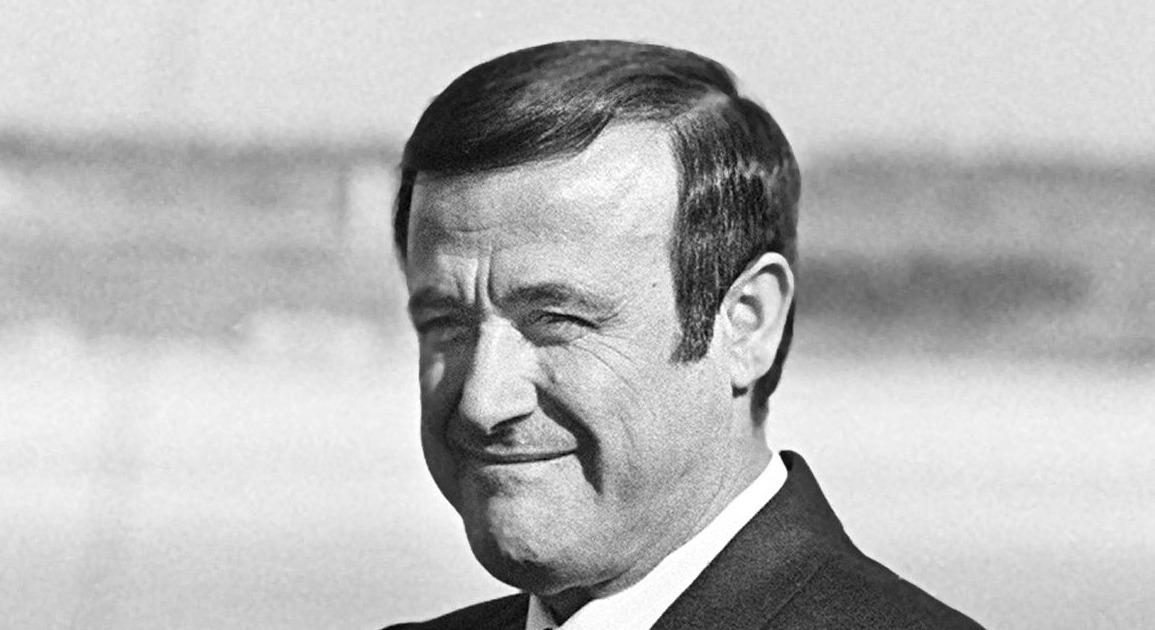

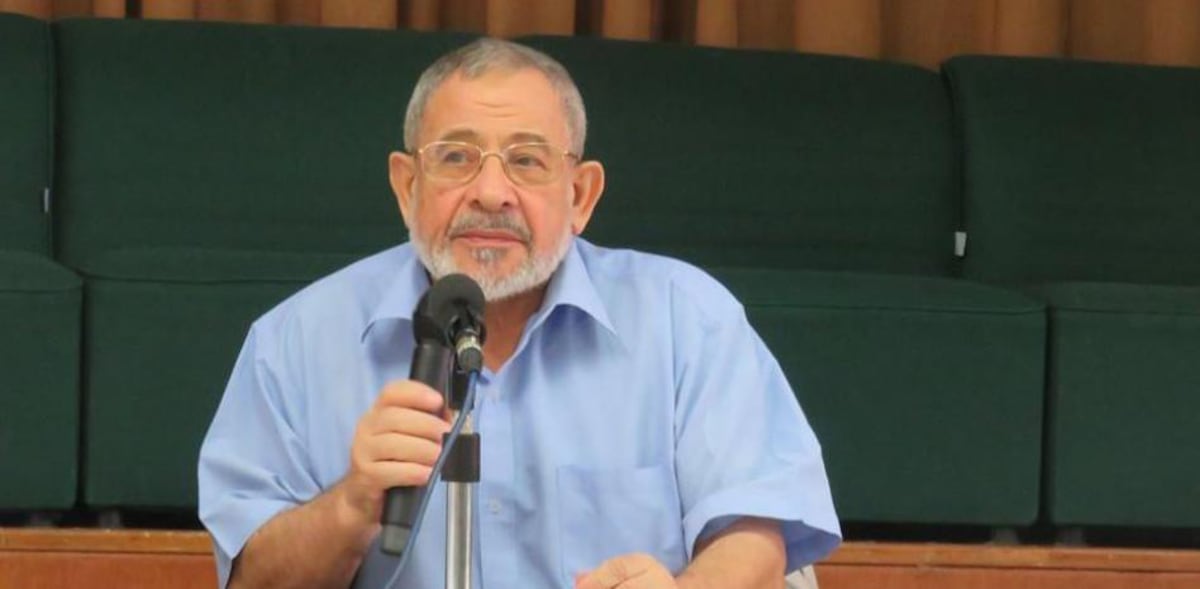
/cloudfront-eu-central-1.images.arcpublishing.com/prisa/AJG7IZEA3JGX3NF54WRHHWVVPU.jpg)
